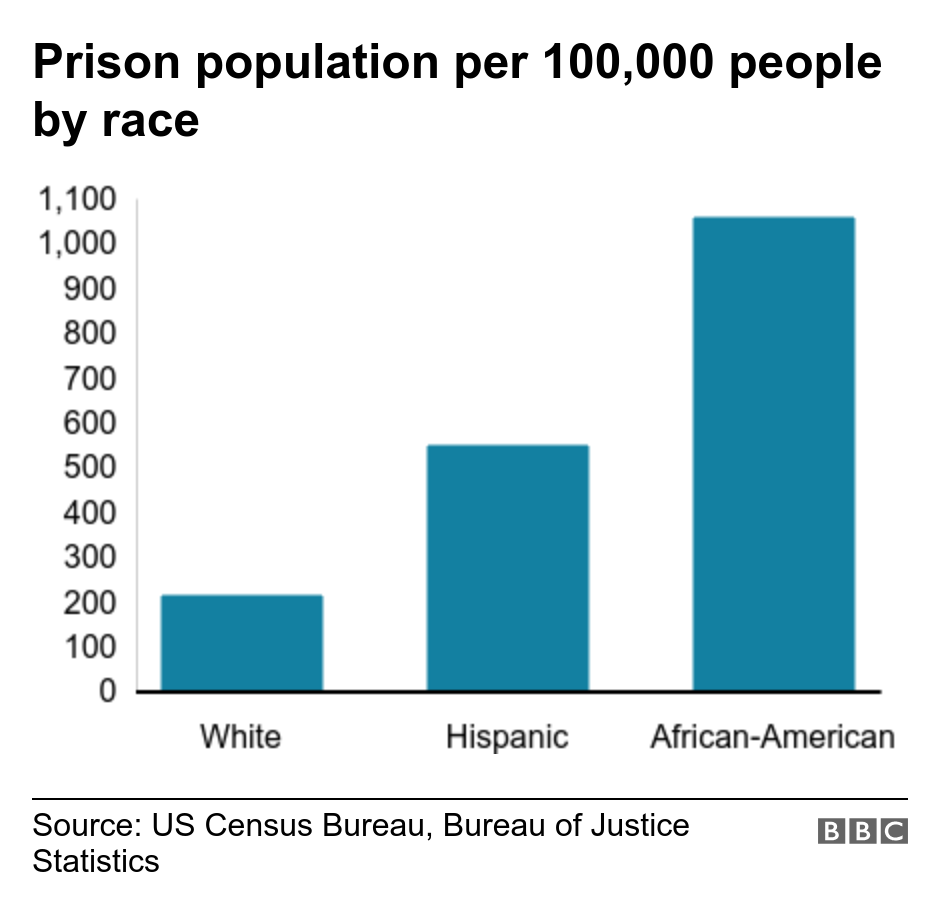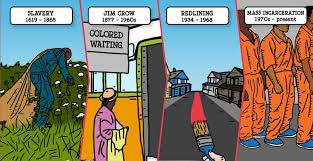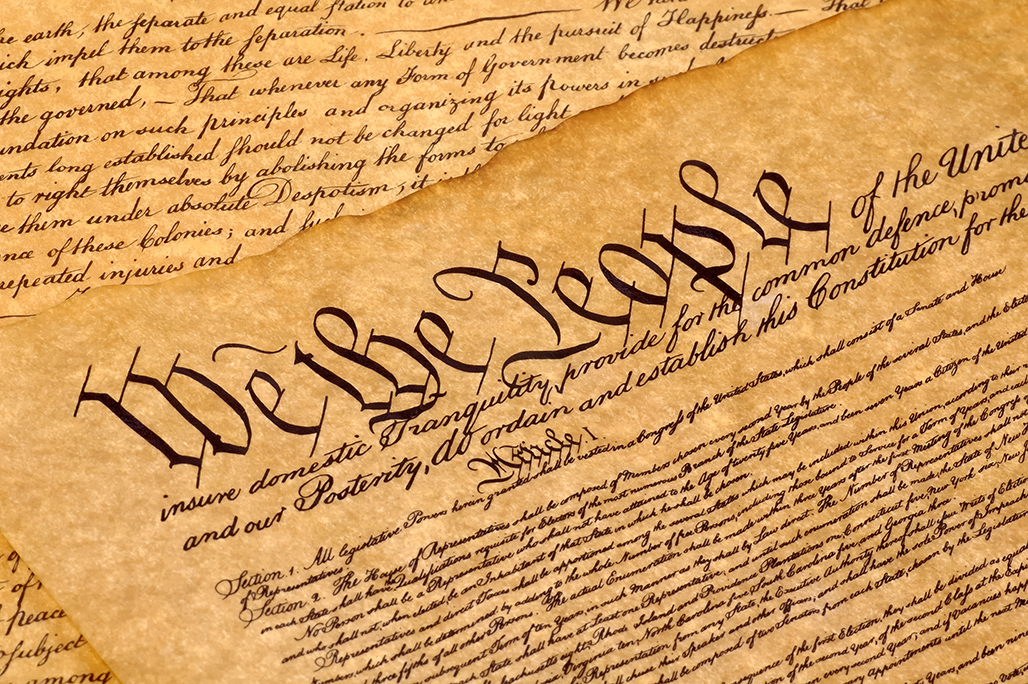Will the ‘Abolition Amendment’ Lead to Decreased Black Incarceration?
Last week Democrats in the House and Senate, led by a joint resolution called the Abolition Amendment, began discussions on removing the “punishment” clause from the 13th Amendment. The amendment, which formally ended the practice of slavery in 1865, has kept in it a provision that allows for those imprisoned to be utilized for cheap labor while serving time. This has allowed for prisons to unfairly keep Black and Latino prisoners under harsh conditions while using the guise of helping them to develop new skills.
However, Section 1 of the amendment states, “Neither slavery nor involuntary servitude, except as a punishment for crime whereof the party shall have been duly convicted, shall exist within the United States, or any place subject to their jurisdiction.” It is well known that although slavery as a practice has been banned, there are loopholes which continue to place Black people in prisons at a much higher rate than their counterparts.

Social media reaction to this was in overwhelming favor. “There should be no exceptions that authorize slavery in America, implicit or otherwise,” said one poster who asked to remain anonymous.
Others believe that this can believe to a complete removal of slavery’s mention, although that is not the intent of this amendment change proposal.
Whether this will have an effect on ending indentured servitude as well as the school-to-prison pipeline remains to be seen, but as long as major corporations like Walmart and Whole Foods use incarcerated people for labor, it will be a challenge that the Biden administration will have to face. The nation’s acknowledgement of its racist past and present will need to be brought to light on a federal level, but this could be the first step towards doing so.




